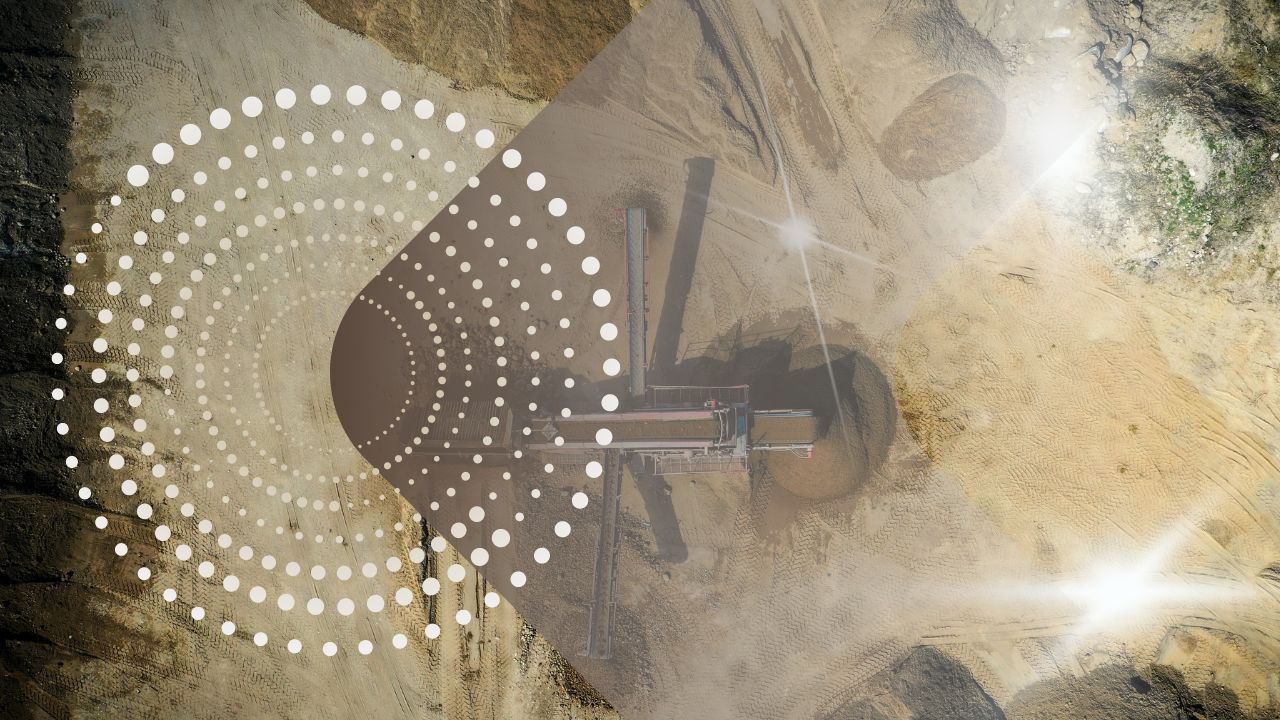Tajikistan is currently the second-largest producer of antimony in the world, after China. However, China has announced a ban on the export of antimony, which has opened up new opportunities for Tajikistan to become a key supplier of this strategic metal on the global market.
According to customs statistics, Tajikistan exported over 4,300 tons of antimony ore and concentrates worth around $14 million in the first nine months of 2024, placing it second in the world after China. The Chinese ban on antimony exports, citing national security concerns, has led to a significant increase in prices, from $12,000 to $20,000 per ton.
The US, which imports 63% of its antimony from China, is now forced to seek alternative suppliers, such as Tajikistan and Australia, to meet its needs. According to the US Geological Survey (USGS), Tajikistan was the second-largest producer of antimony in the world in 2023, producing 21,000 tons, just behind China’s 40,000 tons.
Tajikistan’s most significant antimony reserves are located in the Dzheitun and Konchok mineral fields in the north of the country. The Anzob Mining and Processing Plant is currently operating on the basis of the Dzheitun mercury-antimony deposit.
Recent exploration and assessment work in the deep horizons of the Dzheitun deposit has revealed significant antimony-rich ores containing over 15% metal, as well as industrial concentrations of gold and other valuable elements.
In the coming years, the country’s geological agency plans to increase the Anzob plant’s production capacity to 700,000 tons of ore per year, using the reserves of the Dzheitun deposit.
Tajikistan’s mineral base of antimony can be significantly expanded through the expansion of geological exploration in other mineral fields, where promising areas have been identified.
According to the country’s customs service, Tajikistan exported 9,300 tons of antimony worth $102.3 million in 2022 and over 10,600 tons worth around $107 million in 2023.
President Emomali Rahmon has instructed the government to focus on processing antimony into a finished product, which will be a key task in the development of the industry.
Antimony, used in the defense industry and the production of batteries, is a strategically important resource. Experts believe that the current global trends, including China’s ban on exports, open up new opportunities for Tajikistan to become a key supplier of antimony on the global market.

